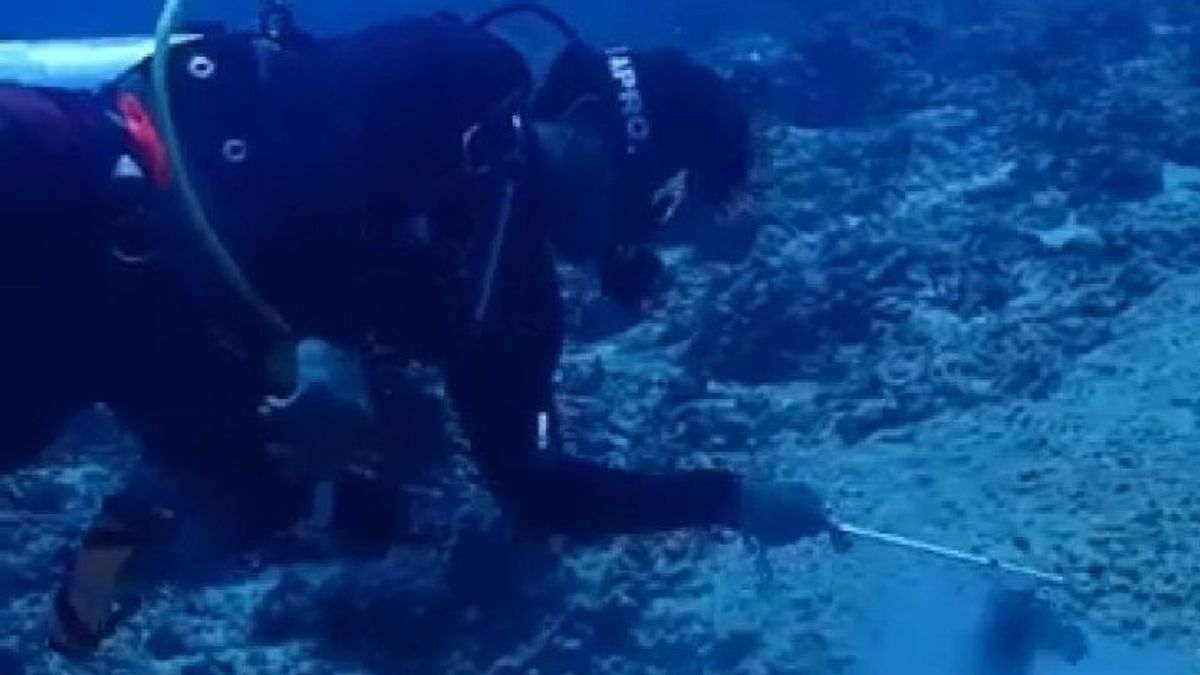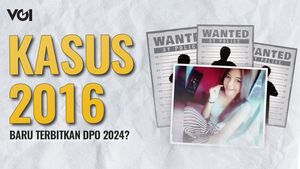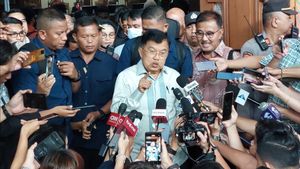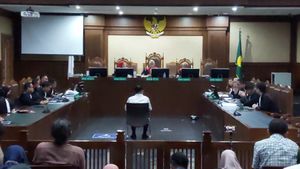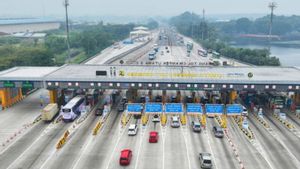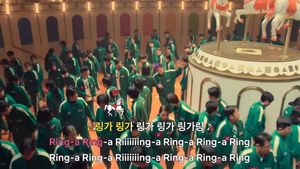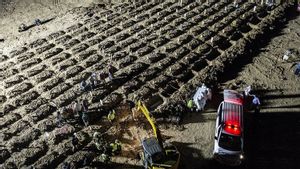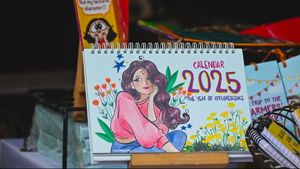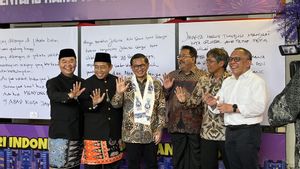The Corruption Eradication Commission (KPK) is investigating the potential loss to the state in the case of marine ecosystem damage in Gili Trawangan waters which is suspected to be the impact of drilling activities for the installation of pipes belonging to PT Tiara Cipta Nirvana (TCN).
Chairman of the Supervision Coordinator Task Force (Korsup) Region V KPK Dian Patria said his party was tracing this by supervising information that was developing in the field.
"Are there violations of the environment, marine, or corruption crimes there? We'll see," said Dian when met in West Lombok, Antara, Monday, June 10.
As a form of effort to trace criminal indications, the KPK will ask for an explanation from the North Lombok Regency Government and the Amerta Dayang Gunung Regional Drinking Water Company (PDAM), regarding the mechanism for water management in Gili Trawangan and Gili Meno, and Gili Air.
"So, is the country really in control or not? Don't let the supply of clean water in this gili, the state can't even get anything," he said.
PT TCN is a private company that collaborates with PDAM Amerta Dayan Gunung, North Lombok Regency, in providing clean water in the Gili Trawangan tourist area.
The company provides clean water from sea water distillation by applying the Sea Water Reverse Osmosis (SWRO) method.
The operation of PT TCN in the tourist area was previously strengthened by the issuance of a permit from the NTB One Stop Integrated Licensing Investment Service (DPMPTSP).
The National Water Conservation Area (BKKPN) of Kupang, Gili Trawangan, Meno, and Air Working Area (Teramina) together with the supervision of marine and fishery resources (PSDKP), on Thursday (6/6), put up banners in the PT TCN area which temporarily prohibits drilling activities.
For the temporary suspension, PSDKP, which has the authority to investigate, asked PT TCN not to carry out drilling activities until the permit is issued.
The considerations of PSDKP together with BKKPN stopped PT TCN's drilling activities in the Gili Trawangan area by looking at the rules from marine conservation areas, conflicts in the community, and preventing the widespread destruction of marine ecosystems.
SEE ALSO:
The English, Chinese, Japanese, Arabic, and French versions are automatically generated by the AI. So there may still be inaccuracies in translating, please always see Indonesian as our main language. (system supported by DigitalSiber.id)
Most Popular Tags
#Prabowo Subianto #New Year #airplane accident #Hasto Kristiyanto #nataru #squid game 2Popular
31 Desember 2024, 05:24
31 Desember 2024, 05:00
31 Desember 2024, 04:00
31 Desember 2024, 00:04
31 Desember 2024, 08:00
